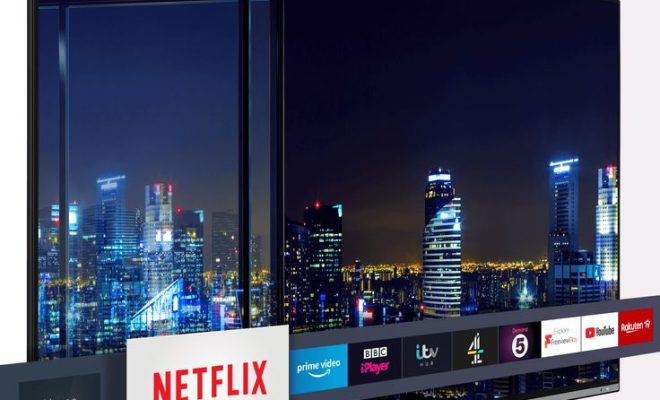Monetization and Monopolies: How the Internet You Loved Died

Remember the internet of yore? A vibrant, decentralized ecosystem buzzing with innovation, collaboration, and free expression. A place where anyone could contribute, build, and share their ideas without gatekeepers or paywalls. Today, that idealistic vision feels like a distant dream. The internet has been slowly devoured by the twin evils of monetization and monopolies.
The Rise of the Monetization Machine:
The siren song of advertising revenue lured the internet into a trap. Once focused on building the infrastructure and fostering a collaborative environment, the focus shifted to capturing user attention and monetizing it. This led to a relentless barrage of targeted ads, clickbait headlines, and a constant race to the bottom for eyeballs.
The Erosion of Privacy:
The quest for personalized advertising brought with it the erosion of user privacy. Data collection became rampant, with every click, search, and scroll feeding into vast databases. This led to a sense of unease, a feeling of being constantly watched and analyzed. The free internet became an exchange – your data for access.
The Rise of the Monopolies:
The monetization machine further fueled the rise of monopolies. Companies like Google, Facebook, and Amazon amassed power through their control of data, platforms, and algorithms. They became gatekeepers, dictating the flow of information and the terms of engagement. The decentralized web fragmented, its spirit suffocated by the dominance of a few behemoths.
The Consequences:
This shift has had profound consequences:
Reduced Innovation: With the focus on monetization, innovation has been stifled. Startups find it harder to compete with the resources and reach of established giants.
Limited Free Expression: Algorithmic bias and censorship have become more prevalent. Controversial views get buried, and diverse voices are silenced.
Declining Trust: The constant barrage of misinformation, the exploitation of personal data, and the lack of transparency have eroded user trust in the internet.
Can We Reclaim the Internet?
The internet we loved may be gone, but it’s not too late to fight for a better future. We need to demand:
Increased Transparency and Accountability: From algorithms to data practices, companies need to be transparent about their operations.
Stronger Privacy Regulations: We need to protect our data from exploitation and ensure that our online activities are not tracked and analyzed without our consent.
Support for Decentralized Platforms: We need to encourage the development of platforms that are not controlled by a few dominant players, platforms that prioritize user ownership and control.
The internet is a powerful tool, but its potential is being squandered by the relentless pursuit of profit. We must reclaim the spirit of innovation, collaboration, and freedom that defined its early days. The fight for a better internet is a fight for the future of our democracy, our society, and our very freedom of expression.




